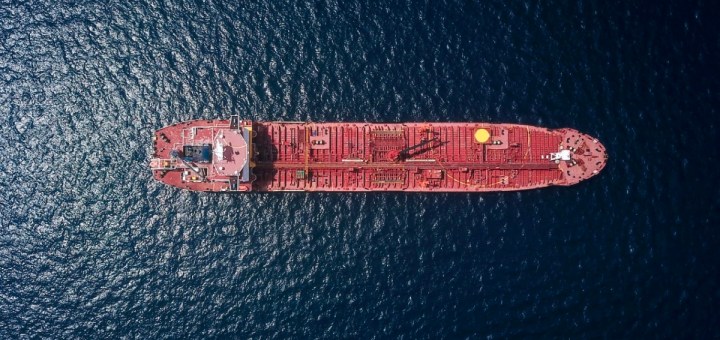26 March, 2020 (Argus) – The total volume of oil products held independently in storage in the Amsterdam-Rotterdam-Antwerp (ARA) refining and trading hub have risen during the past week, according to the latest data from consultancy Insights Global.
Overall stocks increased on the week, with inventories of most products rising as a result of falling economic activity around the continent driven by the coronavirus pandemic. All surveyed product groups except jet fuel recorded week-on-week increases.
Weak demand caused by widespread flight cancellations had pushed jet fuel stocks to five-week highs in the week to 19 March. But demand is now so low that cargoes originally destined for northwest Europe are diverting elsewhere, and regional production of jet fuel is falling. As a result, stocks have fallen during the past week despite minimal demand from regional airports.
Independent stocks of all other oil products in ARA have risen, supported by a contango market structure — where prompt prices are at discounts to forward values.
Gasoil demand has been strong in comparison to other products, supported by inland buyers filling up their storage tanks while outright prices are under such heavy pressure. But the effect began to taper off during the past week as inland tanks filled up, and the volume of diesel departing the ARA area for inland discharge fell. Gasoil inventories consequently rose on the week, also supported by incoming tankers from the Baltics, Russia and the UK. Tankers departed ARA with gasoil cargoes for the Mediterranean and west Africa.
Gasoline inventories rose amid plummeting demand around the continent. Firmer demand from the US had supported arbitrage flows from northwest Europe to the US Gulf coast in recent weeks, but the increasing impact of coronavirus across the Atlantic helped close the westbound arbitrage route during the past week. With few viable arbitrage outlets and very low local demand, storage tanks remained the most attractive option for gasoline. Tankers arrived in ARA with gasoline from the Baltics, France, Norway, Russia, Sweden and the UK in the last week. And tankers departed for the Mideast Gulf, Canada, west Africa and the US — albeit in lower volumes.
Naphtha stocks in ARA increased on the week to reach fresh 19-month highs, with demand for the product as a gasoline blending component virtually non-existent over the last week. But low outright prices have made naphtha more competitive as a petrochemical feedstock, supporting barge flows from the ARA area to inland petrochemical complexes. Tankers carrying naphtha arrived in ARA from Algeria, France, Russia, Spain and the UK. And a single tanker departed, most likely carrying a heavy naphtha cargo to the arroch refinery in Sardinia.
Fuel oil stocks in ARA were broadly unchanged on the week, rising slightly. Demand for bunkering fuels was low but so were imports. Tankers carrying fuel oil arrived from Norway, Russia, Sweden and the UK, and departed for west Africa and the Mediterranean.
Reporter: Thomas Warner


